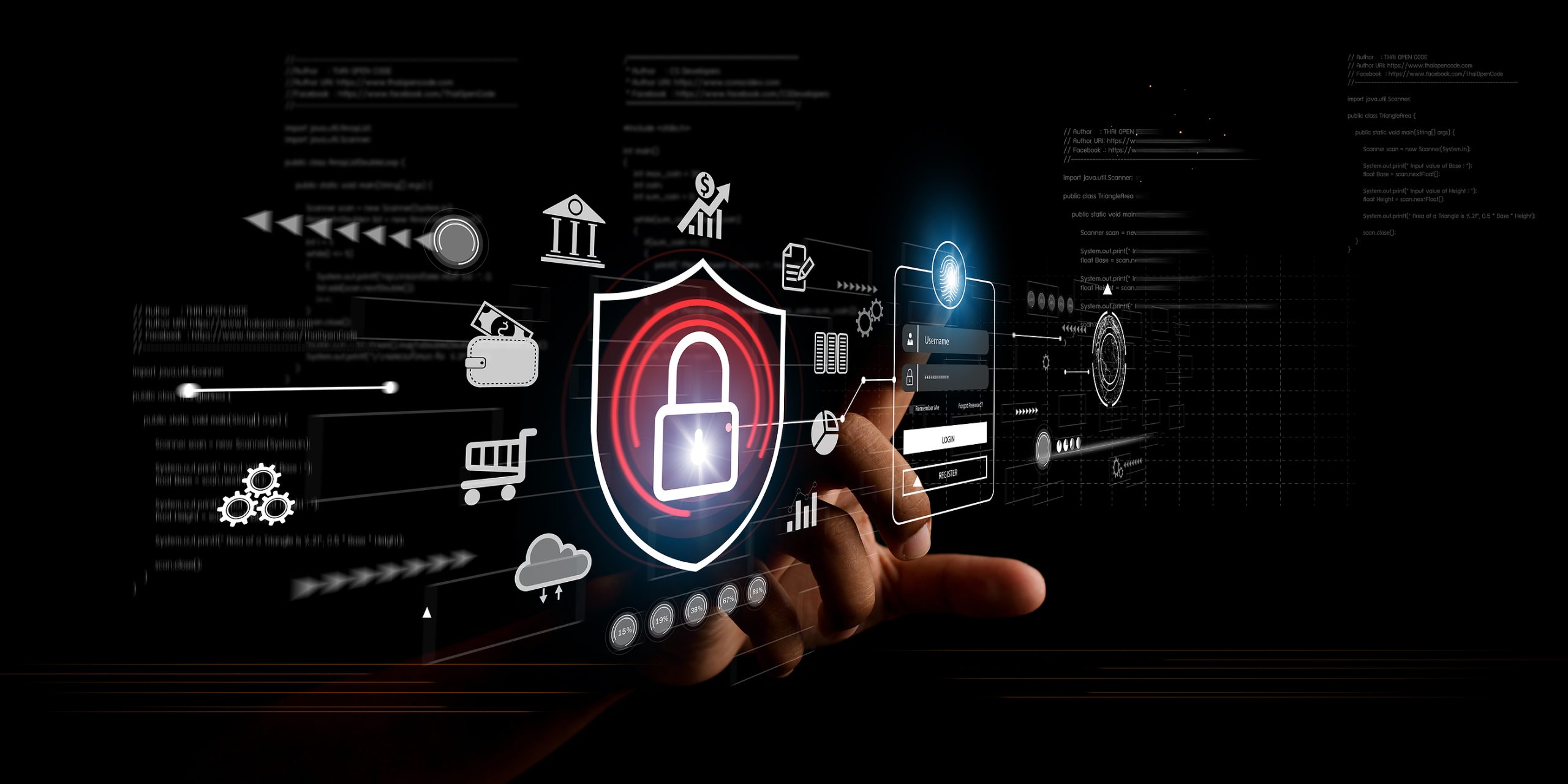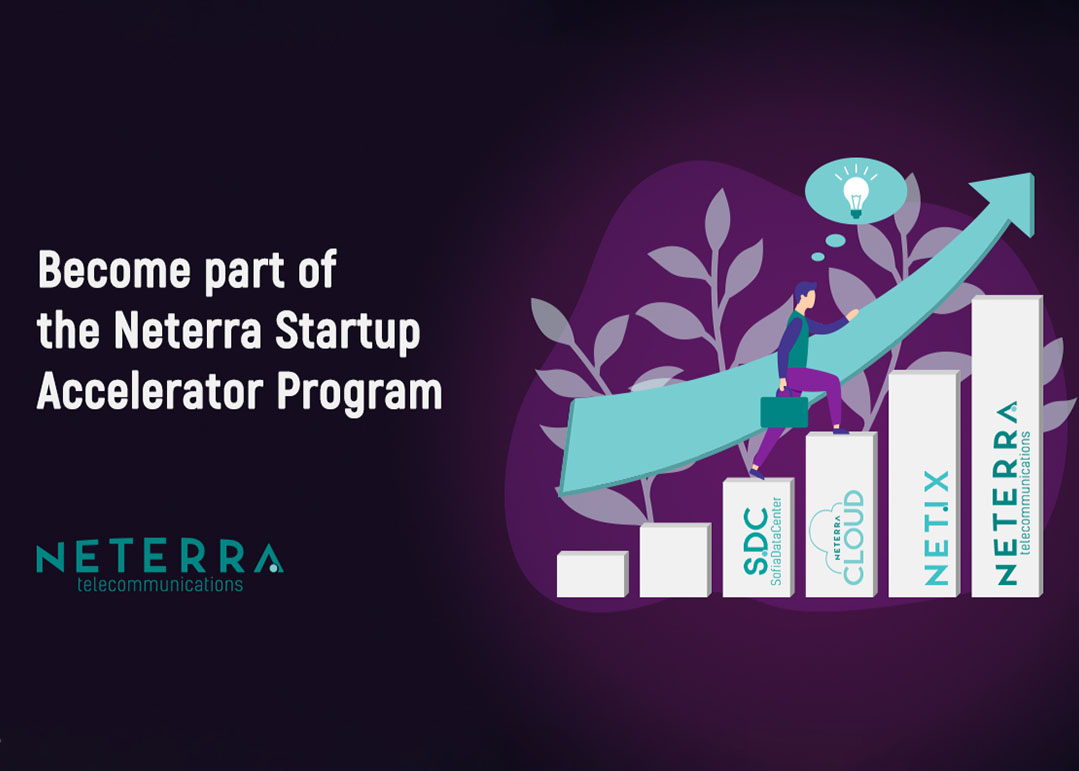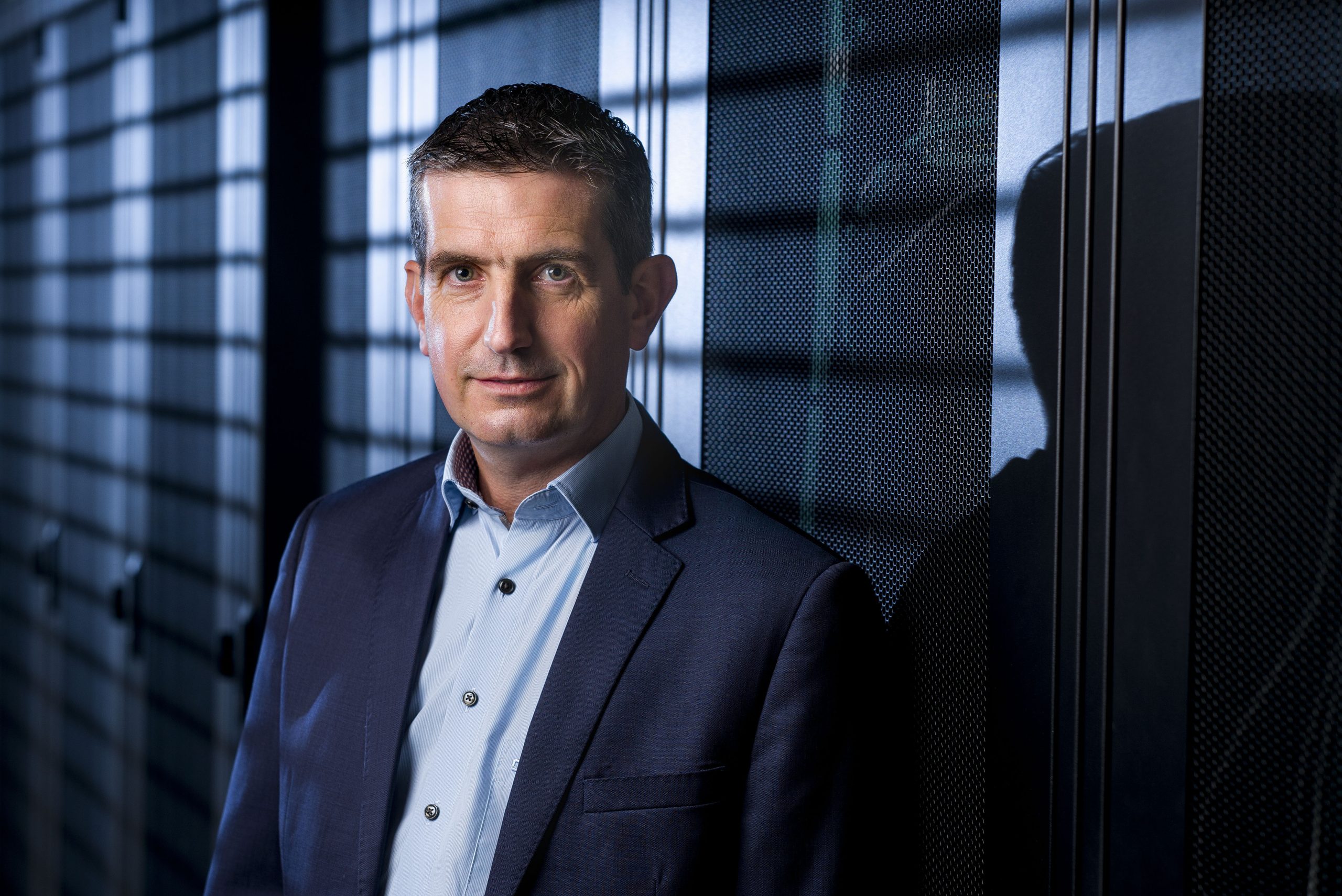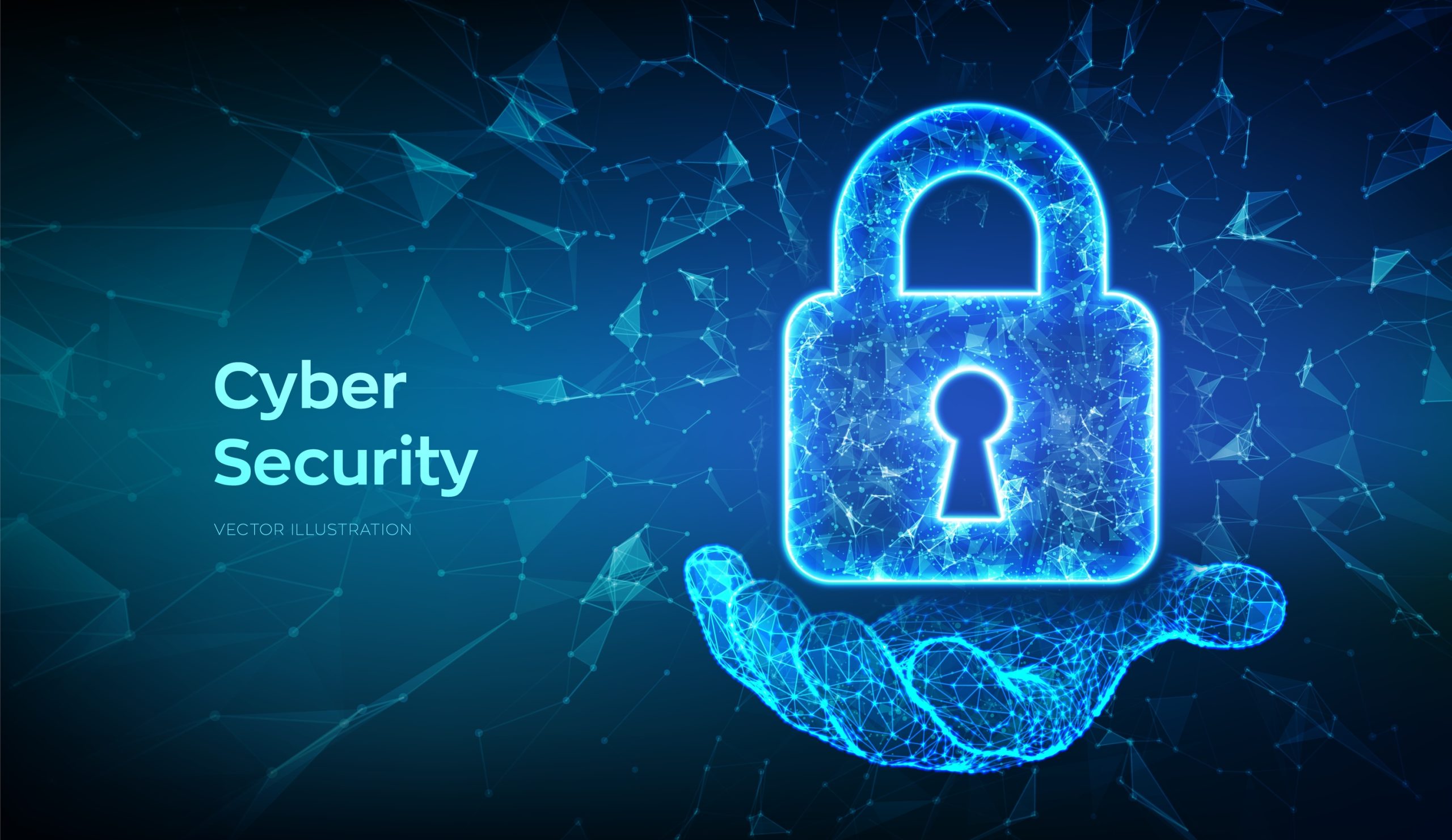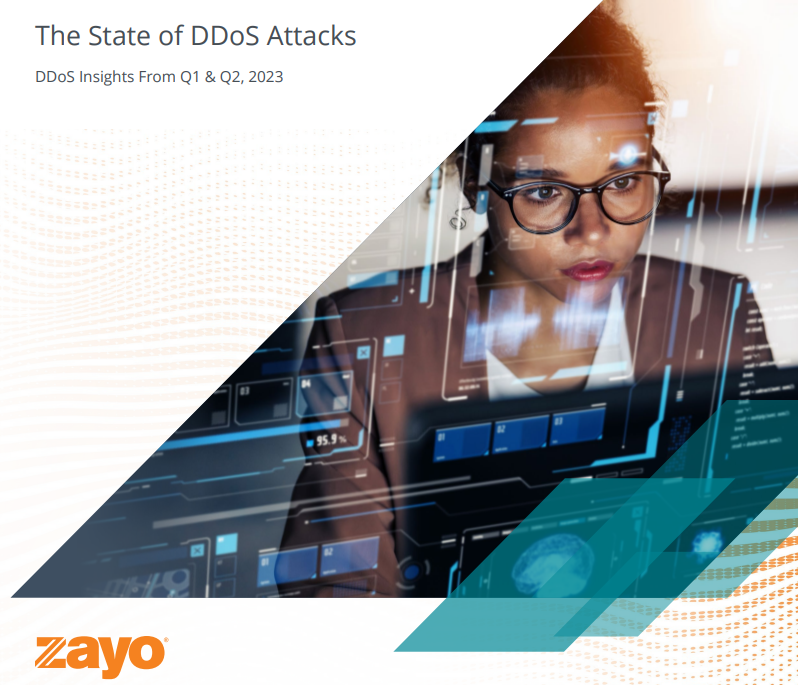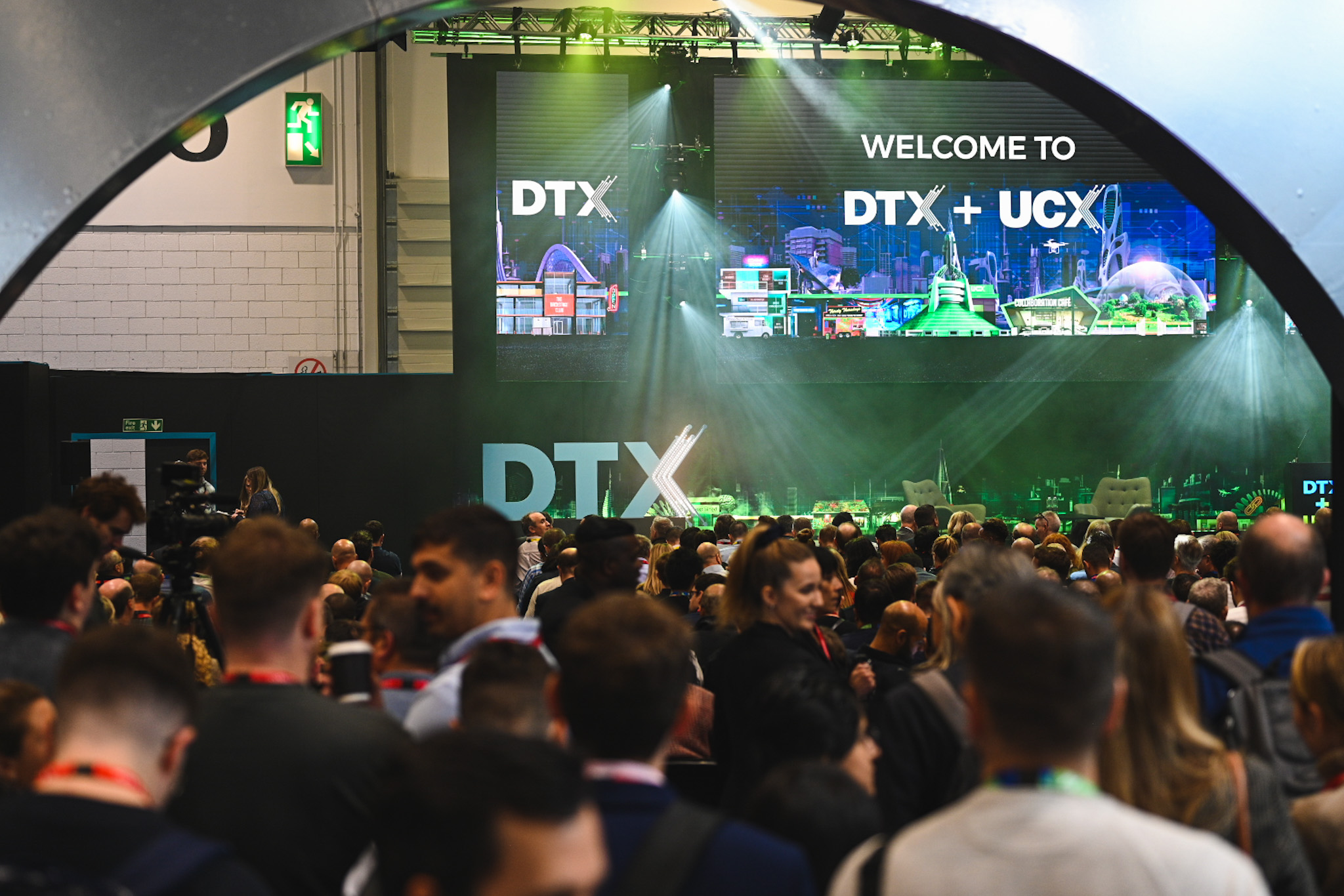Cyber Security Insights for Resilient Digital Defence
Artificial Intelligence in Data Centre Operations
Cyber Security Insights for Resilient Digital Defence
Data
Data Centre Operations: Optimising Infrastructure for Performance and Reliability
Data Centre Security: Protecting Infrastructure from Physical and Cyber Threats
News
Research reveals that 95% of security leaders are calling for AI cyber regulations
Cyber Security Insights for Resilient Digital Defence
Data Centre Security: Protecting Infrastructure from Physical and Cyber Threats
News
FDM Group and ISACA to boost cyber training programme
Colocation Strategies for Scalable Data Centre Operations
Cyber Security Insights for Resilient Digital Defence
Data Centre Operations: Optimising Infrastructure for Performance and Reliability
Data Centre Security: Protecting Infrastructure from Physical and Cyber Threats
News
News in Cloud Computing & Data Storage
Neterra launches Startup Accelerator program
Cyber Security Insights for Resilient Digital Defence
Data Centres
News
Servecentric generates €6.6m in revenues from international markets
Cyber Security Insights for Resilient Digital Defence
Data Centre Security: Protecting Infrastructure from Physical and Cyber Threats
Enterprise Network Infrastructure: Design, Performance & Security
News
Logpoint and METCLOUD to tackle cyber security challenges
Cyber Security Insights for Resilient Digital Defence
Data
Data Centre Security: Protecting Infrastructure from Physical and Cyber Threats
Cyber attacks reach fever pitch in Q2 2023
Cyber Security Insights for Resilient Digital Defence
Data Centre Security: Protecting Infrastructure from Physical and Cyber Threats
News
Logpoint appoints Michael Haldbo as CFO
Cyber Security Insights for Resilient Digital Defence
Data Centre Security: Protecting Infrastructure from Physical and Cyber Threats
Events
News
International Cyber Expo celebrates women in cyber security
Cyber Security Insights for Resilient Digital Defence
Data
Data Centre Security: Protecting Infrastructure from Physical and Cyber Threats
News
Southampton FC renews partnership with Acronis
Artificial Intelligence in Data Centre Operations
Cyber Security Insights for Resilient Digital Defence
Data
Data Centre Operations: Optimising Infrastructure for Performance and Reliability
Data Centre Security: Protecting Infrastructure from Physical and Cyber Threats
Enterprise Network Infrastructure: Design, Performance & Security
Events
DTX + UCX Europe 2023 prepares teams for a new realm

